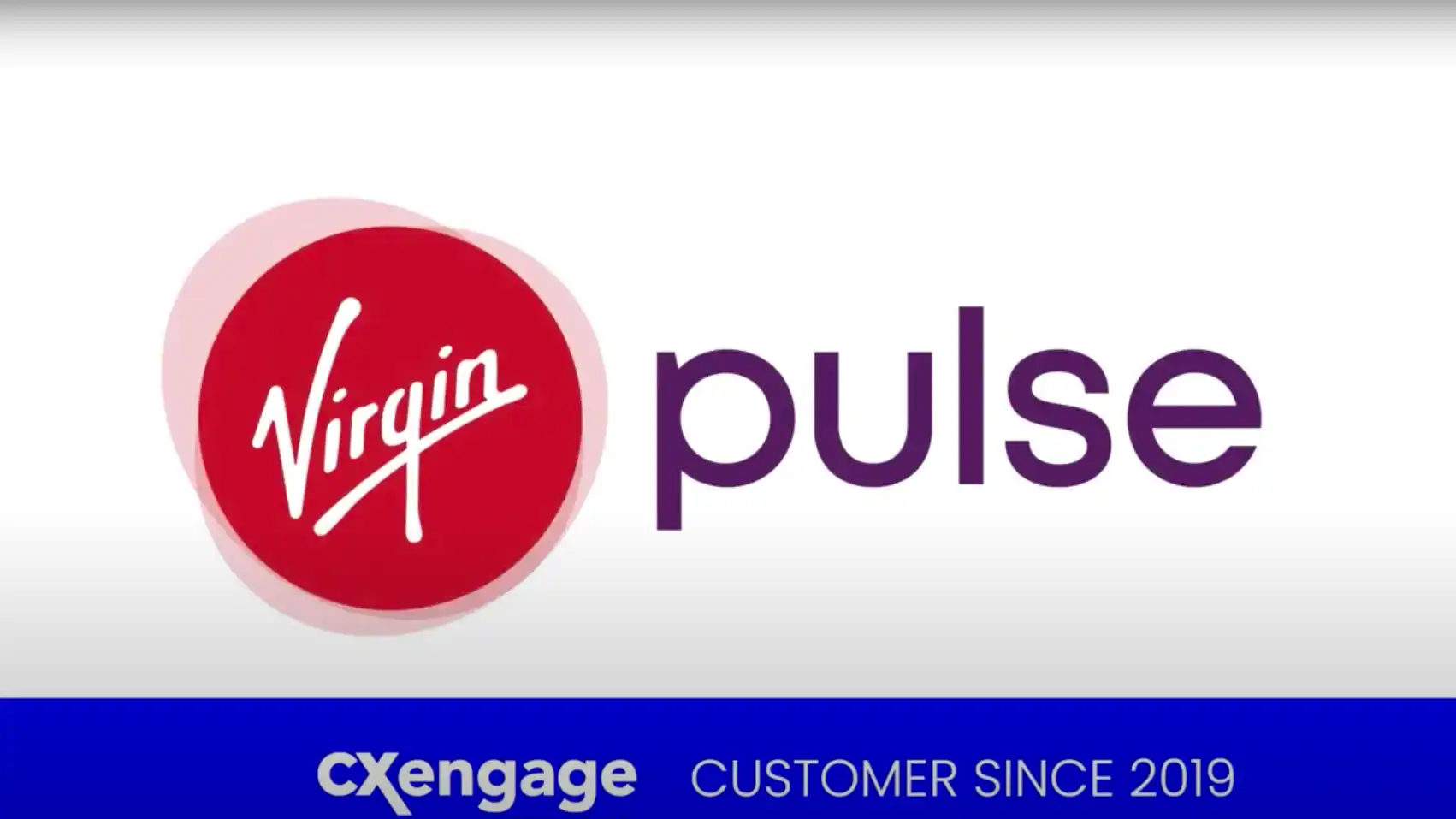Last week, I discussed three benefits of a cloud contact center. There’s more! Here are three additional reasons to implement a cloud contact center to better manage your customer journey.
Ease of Management – On-premise contact centers are often fragmented, with agents assigned to specific channels and workstations running multiple applications that must be updated constantly. This architecture invariably leaves the contact center disjointed and difficult to manage. Cloud-based solutions, on the other hand, enable IT managers to deploy software updates automatically across all users with no downtime, compared to the time-consuming task of updating each workstation individually. Not only are software updates immediate, but should a company decide to add features – social channels, for example – to their customer service offerings, IT managers are not tasked with installing the added features on each desktop. Instead, these new features are enabled in the cloud and instantly become available to all agents without need for IT involvement. This allows companies to focus on the customer and their core business, and not on maintenance and updates of the technical infrastructure. The cloud also permits companies to easily employ agents that work from home, which opens the door to a new pool of potential talent.
Security – When cloud computing first came on the scene, security issues had to be addressed and new standards developed. Today, cloud computing has matured, rules have been established and the issue of security has been put to bed; reputable cloud providers are held to, and can satisfy, the most rigorous of enterprise security requirements. Nevertheless, when choosing a cloud provider, it is still imperative to research each company’s security offerings in three specific areas: Physical, Network, and System/Applications.
- Physical Security: Because data resides in a network operations center hosted by a vendor, physical security must be verified. Data centers must be protected by several layers of physical security mechanisms, including mantraps, surveillance cameras, and background checked and bonded security staff.
- Network Security: A breach of network security is one of the biggest threats to corporate data. To be considered secure, vendors’ networks must be protected by multi-layer firewalls and intrusion detection systems, and must be monitored by a 24x7x365 Security Operations Center (SOC).
- System/Application Level Security: Security must be an integral part of how a potential platform vendor has designed and built their contact center technology through every stage of the software development lifecycle – not an afterthought. Further, the security system should be thoroughly tested to prove that their solution adheres to, or exceeds, industry-standard security requirements.
This trifecta of security found in the cloud enables companies to always be focused on the customer rather than being slowed or distracted by security concerns.
Agent Productivity – No longer bogged down by system upgrades, failures or administrative tasks, agents have been able to maximize their time with customers and often turn a customer service query into an opportunity to upsell or cross-sell. The cloud also allows for quick channel pivoting, enabling agents to switch from one channel to another in order to ensure the best customer experience and maximize the potential monetization. Ultimately, the cloud can eliminate the need for agents to log into separate systems to retrieve customer information across social, mobile and traditional voice/data channels. With customer information and history at their fingertips, agents can turn a customer service query into a relationship-building dialogue rather than just a problem solving exercise. These seemingly small changes for agents often result in more frequent sales transactions and higher order values, but more importantly an improved overall customer experience.
Cloud computing has come a long way in the last 15 years, and its potential in the contact center is still being explored and discovered. What is certain is that companies should no longer fear the “unknown” of cloud computing technology, and instead should embrace the benefits of a contact center that is cost effective, disaster-proof, instantly scalable, easy to manage and secure. Moving to the cloud will ultimately increase agent productivity, strengthen brand/customer relationships and boost customer lifetime value.
This article first appeared in CONNECTIONS Magazine.






